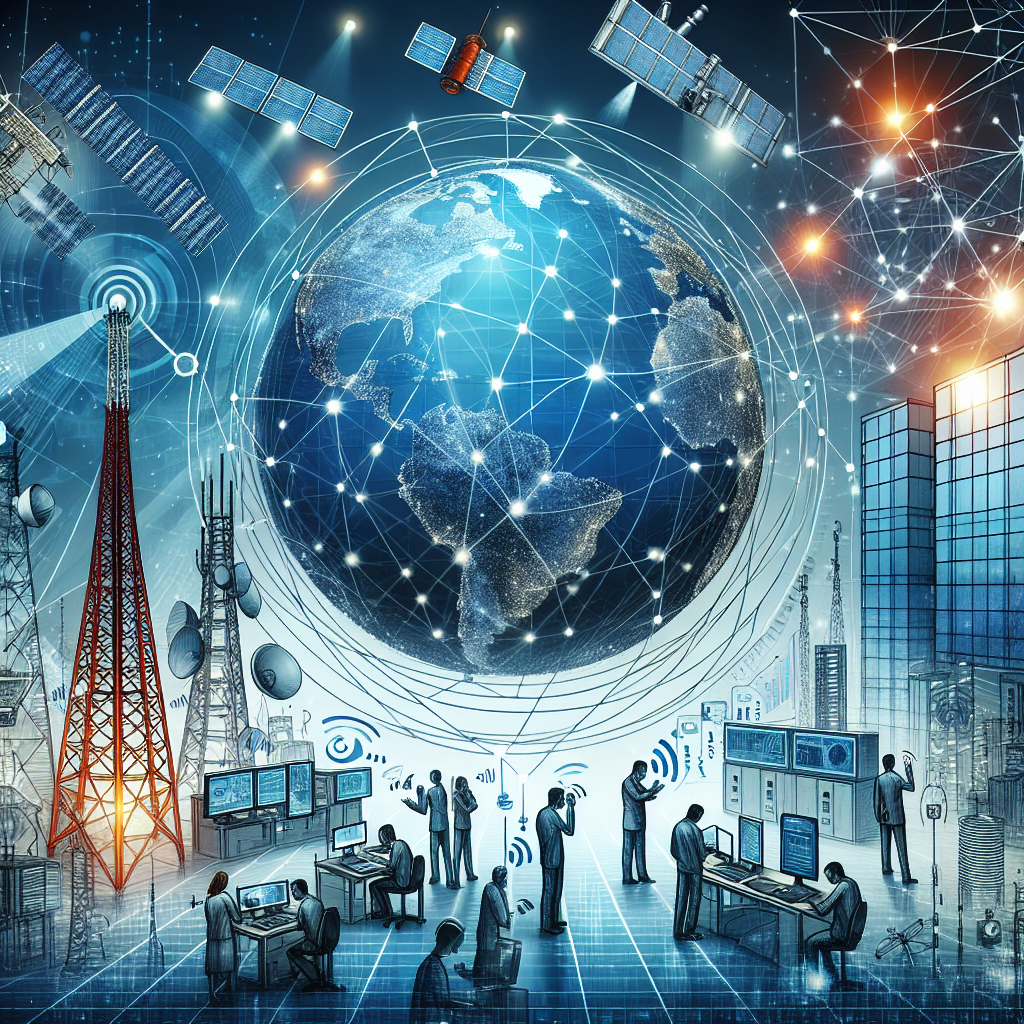Phase-2 of ITU WTSA Hackathon Concludes, Showcasing AI-Driven 5G/6G Innovations
The hackathon emphasized AI and machine learning applications in 5G/6G networks, aligned with the United Nations Sustainable Development Goals (SDGs).

- Country:
- India
The Phase-2 of the ITU WTSA Hackathon successfully concluded on 8th October 2024 at Bharat Mandapam, drawing global participation under the "AI Bharat 5G/6G Sandbox" initiative. The event was inaugurated by Dr. Neeraj Mittal, Secretary of the Department of Telecommunications (DoT), and jointly organized by the International Telecommunication Union (ITU) and DoT. It marked a milestone in advancing the integration of AI/ML technologies within 5G/6G networks.
Global Participation and Key Highlights
Eighty-eight teams registered for the hackathon, with 12 teams progressing to Phase-2 after submitting top-quality proposals adhering to ITU standards. These teams took part in an intense 40-hour coding marathon, held between 7th-8th October, where they received mentorship from global experts, ITU specialists, and high-level speakers from the telecommunications industry.
The hackathon emphasized AI and machine learning applications in 5G/6G networks, aligned with the United Nations Sustainable Development Goals (SDGs). Key areas of focus included public transportation, flood monitoring, and drone-based resource scheduling, while projects ranged from a 5G-enabled smart city transport system to flood monitoring solutions and waste management for riverbeds. Other significant innovations included AI-based 6G standards optimization, dynamic beamforming for traffic improvement, and women’s safety solutions like AuratRaksha.
Participants also addressed critical issues like SIM fraud protection and real-time network reliability prediction. The event offered cloud credits worth Rs. 83,500 (USD 1,000) to help teams train and optimize their AI models.
Hackathon Structure and Phases
The first phase, which ran from 7th August to 30th September 2024, was an online competition that attracted global participation, focusing on AI/ML pipelines and xApps for autonomous 5G/6G networks. Participants were tasked with developing solutions based on ITU recommendations such as ITU-T Y.3172 and ITU-T Y.3061.
The second phase saw teams engaging in a coding marathon, supported by mentorship from a panel of 12 Indian and two international experts, alongside ITU guidance. The evaluation criteria included the alignment with UN-SDGs, AI models, and their applicability to 5G/6G telecom networks.
At the closing ceremony, all teams were awarded ITU-WTSA Hackathon participation certificates.
Innovation for the Future of Telecommunications
The AI Bharat 5G/6G Hackathon provided a platform for students, startups, and tech enthusiasts from India and around the world to collaborate on shaping future telecommunications standards. It served as a precursor to the World Telecommunication Standardization Assembly (WTSA) 2024, scheduled from 15th to 24th October 2024 in New Delhi.
Prime Minister Narendra Modi will inaugurate WTSA 2024 along with the India Mobile Congress (IMC) at Bharat Mandapam on 15th October 2024. WTSA is a major international event, held every four years, and will see participation from over 3,000 delegates from 190+ countries.
India’s Role in Global Telecom StandardsHosting WTSA 2024 in India presents a significant opportunity for the country to contribute to the development of standards in 6G, AI, IoT, cybersecurity, and other critical technologies. Indian startups and research institutions will gain invaluable insights into developing Intellectual Property Rights (IPRs) and Standard Essential Patents (SEPs). This event reinforces India's leadership in the global telecom arena, allowing the nation to help define the future of next-generation technologies.
For further updates on the hackathon, visit challenge.aiforgood.itu.int.
- READ MORE ON:
- ITU WTSA Hackathon
- International Telecommunication Union










